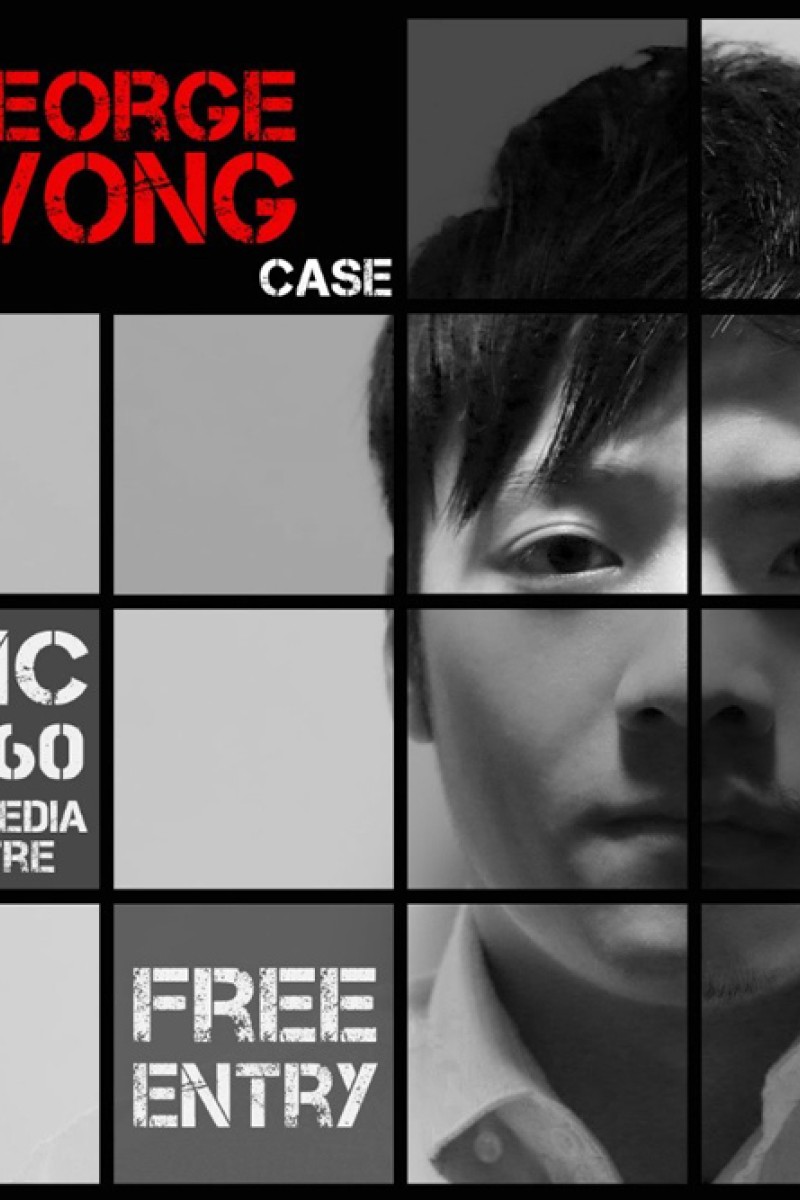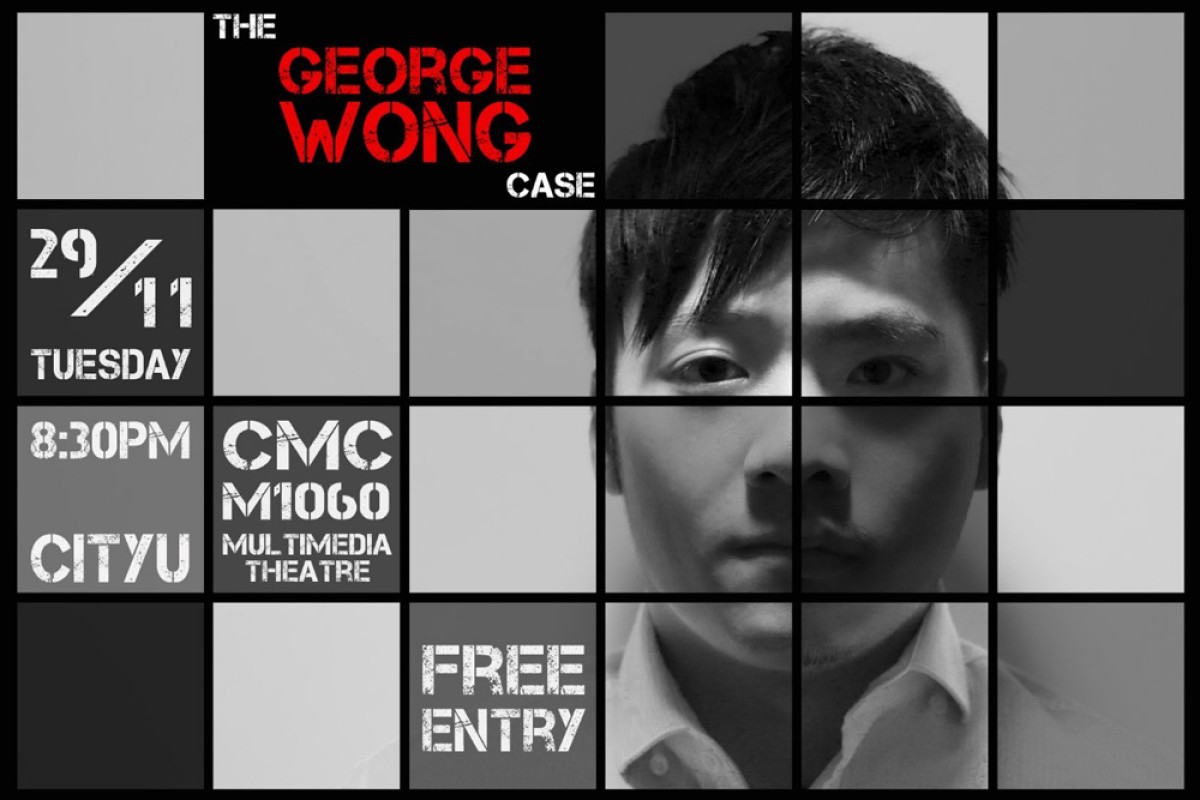
Exploring English and history through drama
A play about a garage mechanic who was hanged for his role during the Japanese occupation of Hong Kong explores a wide range of issues
 Peter Jordan wrote and directed the play The George Wong Case based on South China Morning Post articles from 1946, soon after the end of the Second World War.
Peter Jordan wrote and directed the play The George Wong Case based on South China Morning Post articles from 1946, soon after the end of the Second World War.Drama is a transferable skill. On the outside, it seems easy, hardly a skill at all. Actors just talk and walk and sometimes they do both things at the same time. But most people can do that. The difference is that actors have to use imagination and empathy to put themselves into somebody else’s shoes and become that person in a given situation.
While it is mainly an art form that we can enjoy on film, television and on stage, it has other uses, too. For example, actors may help in training doctors to deal with difficult or emotional patients, or in coaching businessmen in leadership, or in therapy that enables people to face personal difficulties through role play. It is also a very effective tool in language education, giving students a chance to apply their knowledge in public speaking, and in performing a play that may explore – among other things – emotional, moral, legal, social and historical issues.
A particular form of drama, called documentary theatre, is created from a real-life happening and tries to stay as closely and as truthfully to the actual events as possible. For our English Studies programme, I wrote and directed a play entitled The George Wong Case. The story, characters and dialogue were based on South China Morning Post articles from 1946, soon after the end of the second world war. From 1941 to 1945, Hong Kong was occupied by the Japanese; then after their surrender, the British returned to the territory.
George Wong was a garage mechanic who had lived for a time in America, where he said he experienced racial discrimination. Back in Hong Kong when the Japanese invaded, he began to work for the Kempeitai, the Japanese military police. After the British returned, Wong was put on trial for treason. He claimed that he was only a car driver for the Japanese, but many witnesses accused him of taking part in interrogation, torture and murder. One woman even physically attacked him in court, and his wife and children were pelted with stones outside the court. Wong’s lawyer argued that he was not a British citizen, so he could not be guilty of treason, but the judge decided differently. Wong was found guilty and hanged.
The case raised issues of identity, loyalty, allegiance and justice. As there was no physical evidence of Wong’s guilt, the judge had to decide the case on the basis of the witnesses’ evidence. It is possible he may have been biased, as he had also been imprisoned and tortured during the Japanese occupation.
Throughout the rehearsals and after the show, there were very lively and interesting exchanges of opinions. History does not stand still. It is a constantly evolving conversation with the past, which helps us to understand the present and to imagine the future.